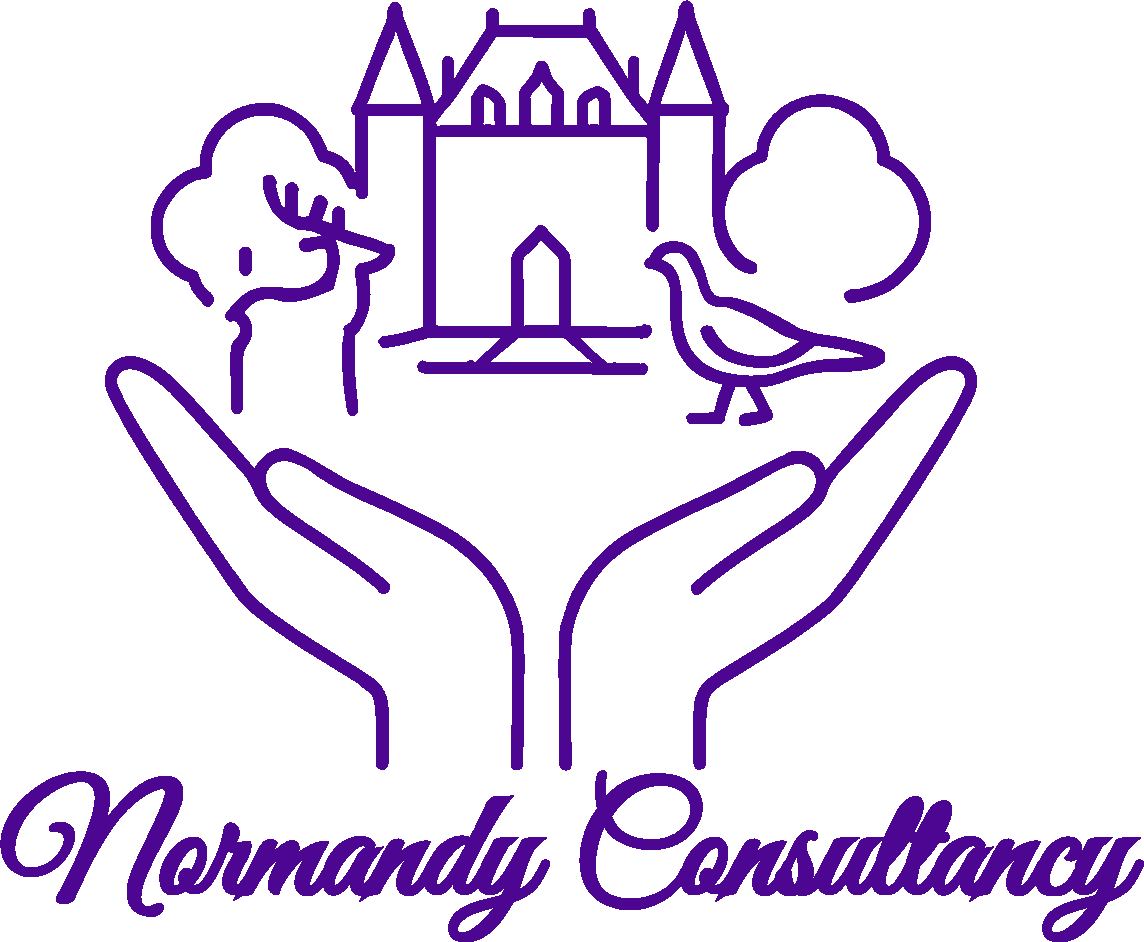Thinking of buying in France? Don’t let these common pitfalls drain your budget.
The Top 10 Costly Mistakes When Buying Property in France (And How to Avoid Them)
Bonjour from Le Bistro! Whether you're dreaming of a stone cottage in Normandy or a sunny escape in the south, buying property in France is a thrilling adventure - but it’s also full of hidden traps that can cost you dearly.
Buying a home in France is a dream for many - whether it’s a stone cottage in Normandy, a farmhouse in Mayenne, or a chic pied-à-terre in Paris. But dreams can quickly turn into expensive lessons if you’re not prepared.
At Le Bistro, we’ve seen buyers lose thousands due to avoidable missteps. So before you sign anything, here are the top 10 costly mistakes to steer clear of - and how to protect your investment.
1️⃣ Skipping the Pre-Sale Legal Review
Mistake: Rushing to sign the compromis de vente (pre-sale agreement) without having it reviewed by a legal expert. Why it’s costly: This document is legally binding and sets the terms of the sale. Hidden clauses or unclear conditions can trap you into obligations you didn’t expect - like paying for repairs or accepting delays.
Solution: Hire a bilingual notaire or property lawyer to review the compromis before signing. It’s worth every euro.
2️⃣ Underestimating Notaire Fees and Taxes
Mistake: Budgeting only for the purchase price and forgetting the notaire fees, stamp duty, and registration taxes. Why it’s costly: These fees can add 7–10% to the total cost - especially for older properties. Many buyers are blindsided at closing.
Solution: Ask your notaire for a detailed breakdown of all fees before committing. And remember: these are mandatory, not negotiable.
3️⃣ Buying Without a French Bank Account
Mistake: Trying to purchase property using a foreign bank account. Why it’s costly: Most notaires and sellers require a French RIB (bank account details) for deposits, final payments, and utility setup. Without one, you’ll face delays, currency conversion fees, and missed deadlines.
Solution: Open a French bank account early - even before house hunting. It’s essential for smooth transactions and post-sale setup.
4️⃣ Ignoring Planning Restrictions and Zoning Laws
Mistake: Falling in love with a property and planning renovations - without checking local zoning laws or PLU (Plan Local d’Urbanisme). Why it’s costly: You may be prohibited from adding extensions, installing a pool, or even changing windows in protected zones. Fines and forced reversals are real risks.
Solution: Visit the local mairie and request the PLU before buying. If you’re planning major changes, get written confirmation that they’re allowed.
5️⃣ Assuming All Properties Come With Utilities and Compliance
Mistake: Believing the property is ready to move into - only to discover missing septic systems, outdated wiring, or no water connection. Why it’s costly: Bringing a property up to code can cost tens of thousands. And if you’re not connected to mains water or sewage, installation is complex and expensive.
Solution: Request a full diagnostic report (Dossier de Diagnostic Technique) before signing. This includes checks for asbestos, lead, energy efficiency, and more. Ask specific questions about water, electricity, and drainage.
6️⃣ Not Understanding the Role of the Notaire
Mistake: Assuming the notaire is your personal legal advisor. Why it’s costly: The notaire is a neutral party who ensures the legality of the transaction—not someone who negotiates on your behalf. If you don’t have independent legal advice, you may miss red flags in the contract.
Solution: Hire a bilingual property lawyer or consultant to represent your interests alongside the notaire.
7️⃣ Failing to Budget for Renovations and Ongoing Maintenance
Mistake: Falling in love with a “fixer-upper” without a realistic renovation budget. Why it’s costly: French rural properties often need roof repairs, septic upgrades, insulation, or rewiring. Costs can spiral quickly, especially if you’re unfamiliar with local trades or materials.
Solution: Get quotes before buying and factor in at least 20–30% contingency for surprises.
8️⃣ Assuming You Can Rent It Out Freely
Mistake: Planning to use the property as a holiday rental without checking local regulations. Why it’s costly: Some communes restrict short-term rentals, require registration, or impose tourist taxes. Fines and forced closures are possible.
Solution: Check with the mairie and local tourism office before buying if rental income is part of your plan.
9️⃣ Overlooking Currency Exchange and Transfer Fees
Mistake: Transferring large sums from abroad without using a specialist. Why it’s costly: Banks often charge high fees and offer poor exchange rates. On a €300,000 purchase, this could mean losing thousands.
Solution: Use a currency transfer service like Wise, OFX, or CurrencyFair for better rates and lower fees.
🔟 Not Registering for Local Taxes Promptly
Mistake: Forgetting to declare your new property to the tax office. Why it’s costly: Late declarations can result in missed bills, penalties, or incorrect tax assessments - especially for taxe foncière and taxe d’habitation.
Solution: Once you’ve moved in, contact your local Centre des Finances Publiques to confirm your registration and tax status.
🧀 Final Add-On for Le Bistro Readers
Want to avoid all these headaches? Download our Property Buyer’s Checklist or book a consultation with our bilingual consultant Annabelle. She’ll help you navigate the French system with confidence - and maybe even a glass of wine in hand.
Buying in France is magical - but it’s also a legal and financial commitment. The charm of a stone fireplace or vineyard view can cloud judgment, but staying grounded in the process will save you money and stress.
If you’re unsure, work with Annabelle your bilingual consultant who knows the terrain and fill out the contact form to make your request. A little guidance now can prevent a costly headache later.
